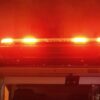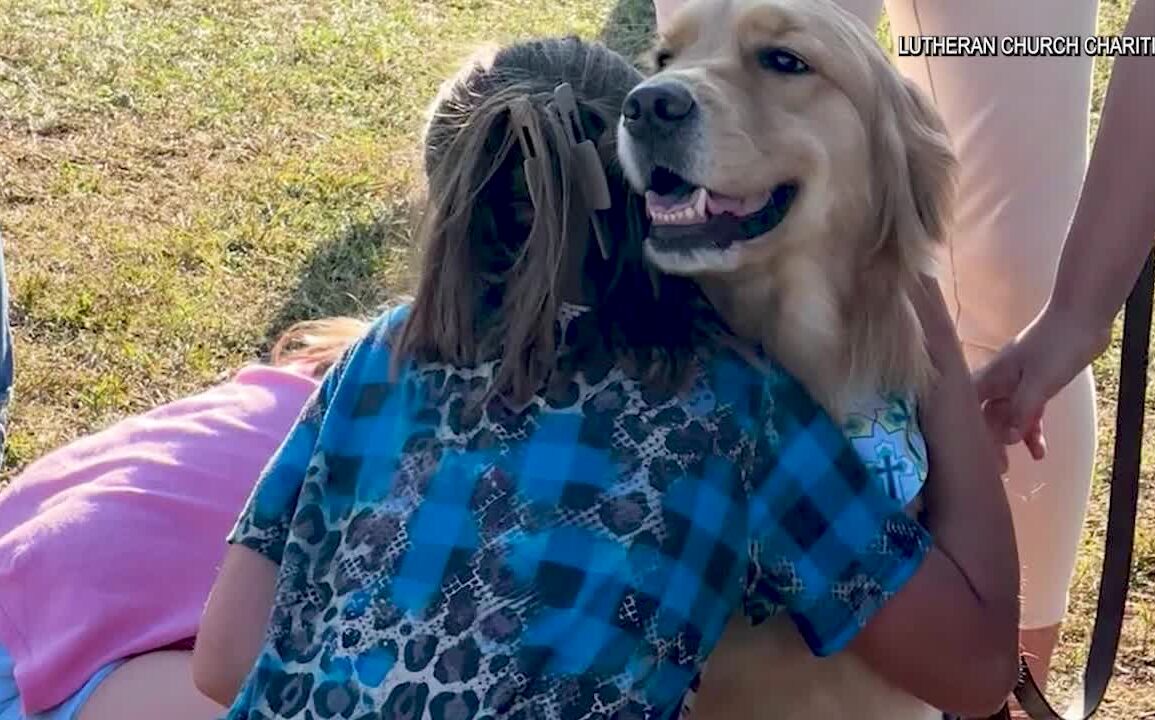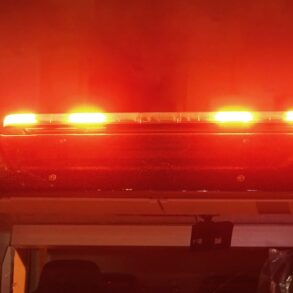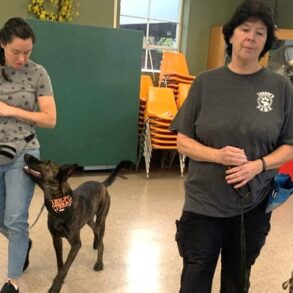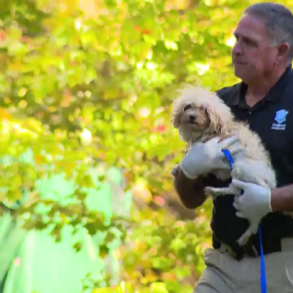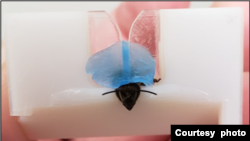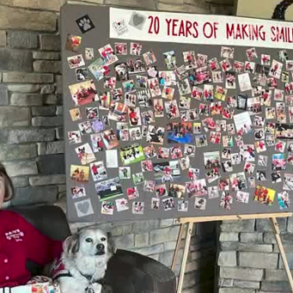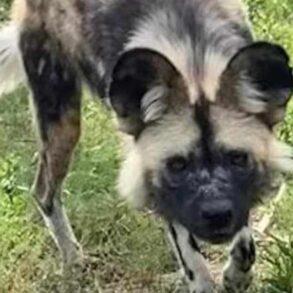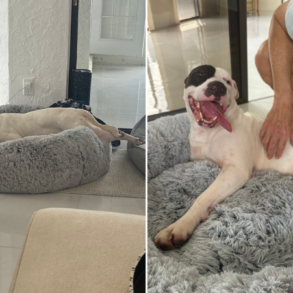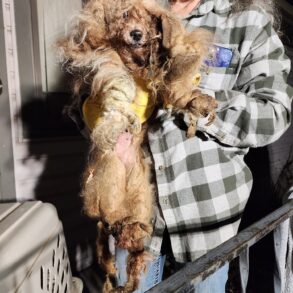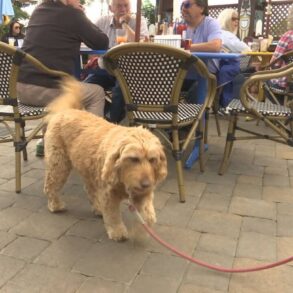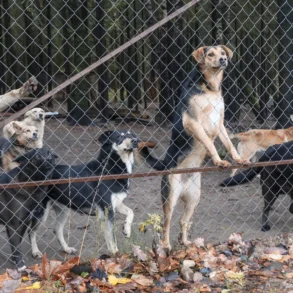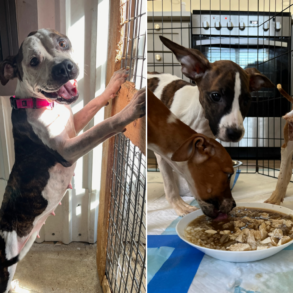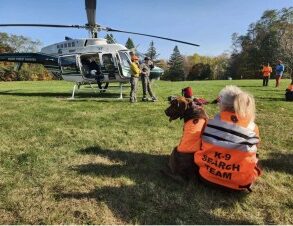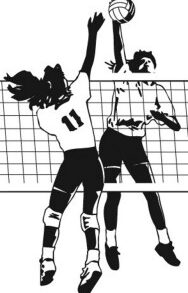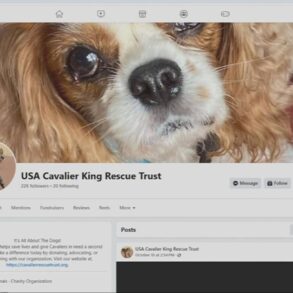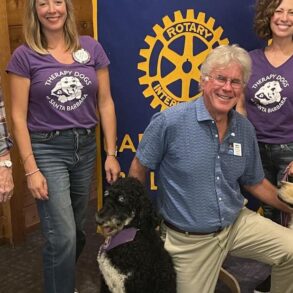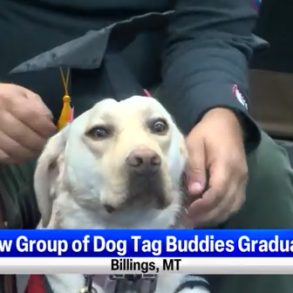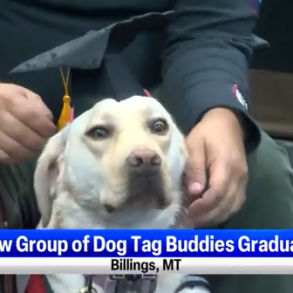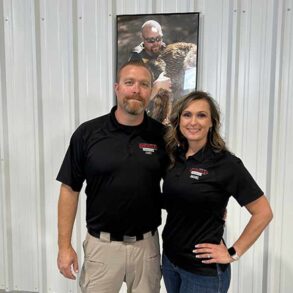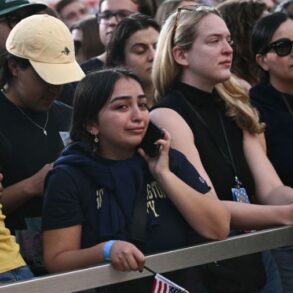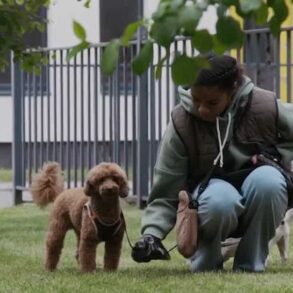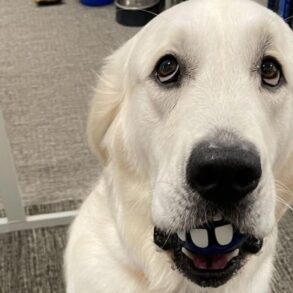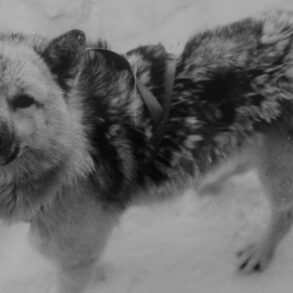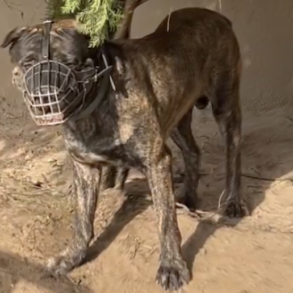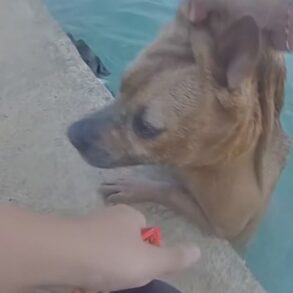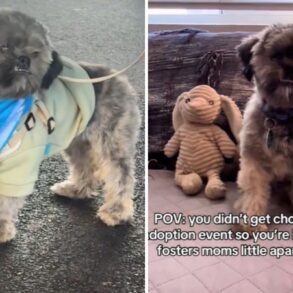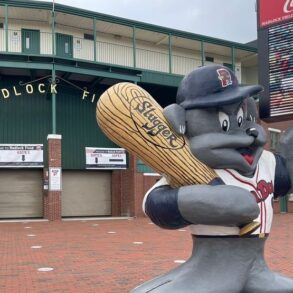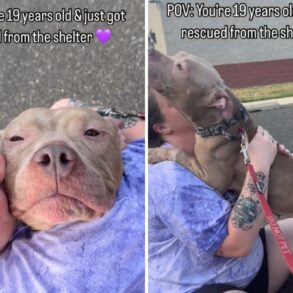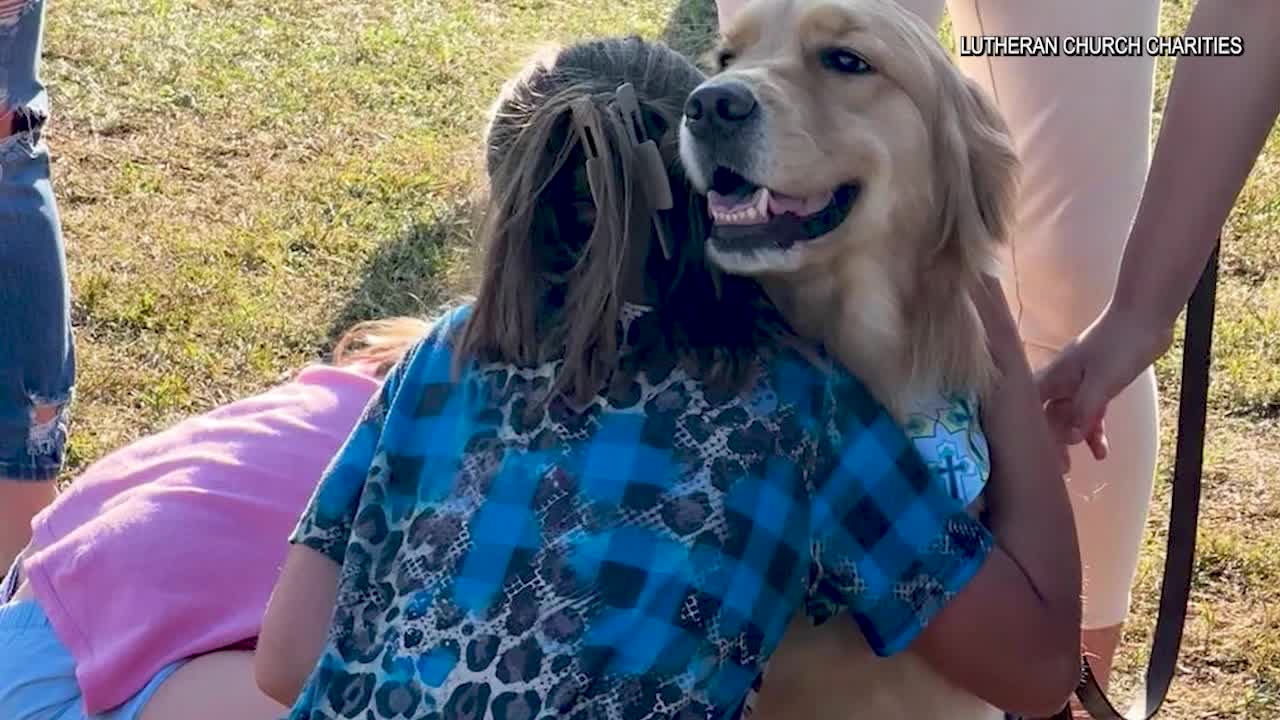
Comfort dogs visit Apalachee High School
Some furry friends came to help the grieving families at Apalachee High School. How these comfort dogs are helping the community cope.
BARROW COUNTY, Ga. – Comfort dogs have been deployed to Barrow County to offer emotional support to those impacted by the mass shooting at Apalachee High School.
The dogs are part of a national effort to provide solace in the aftermath of traumatic events.
“We have nine dogs here to provide comfort throughout the community while we’re here,” said Paul Soost, a volunteer with Lutheran Church Charities, standing alongside a pup named Peace.
The organization, based in Illinois, brought in the group of specially trained Golden Retrievers to assist with the healing process.
SEE ALSO: One week after Apalachee school shooting, community shows resilience
Soost said the dogs, unlike typical service or therapy animals, encourage interaction.
“When you see a service dog or a therapy dog, typically their vest will say ‘Do not pet.’ Don’t touch. Our dogs have vests that say ‘Please pet me,'” he said.
Grief manifests differently for everyone, and Soost acknowledged that comfort dogs may not provide an instant cure.
But they offer a brief moment of relief for survivors.
“Sometimes there’s no response, sometimes there’s a small smile,” said Soost. “Once they approach the dog and spend a little time with them, we may see a smile, or we may see someone who has been comforted a little bit, but they still have a lot of grief.”
SEE ALSO: Ohio-based artist sketches tribute to Apalachee High School shooting victims
The organization, which operates across 27 states with 130 dogs, has responded to numerous national tragedies since its formation.
“We’ve been deployed since 2012. We’ve been to Sandy Hook, Superstorm Sandy, the shootings in Vegas,” said Soost, reflecting on the group’s history of providing comfort in the wake of national disasters.
This week, the dogs have visited schools, churches, and first responders throughout the county.
As the school community returns to class, the presence of the dogs has offered much-needed support during this difficult time.
The comfort dog team plans to stay in Winder until the weekend, but Soost emphasized that their work doesn’t end there.
“When we leave here, we don’t entirely leave. Part of us is constantly here,” Soost said. “We continue to pray. We continue to return to provide support as best we can.”
This post was originally published on this site be sure to check out more of their content.

